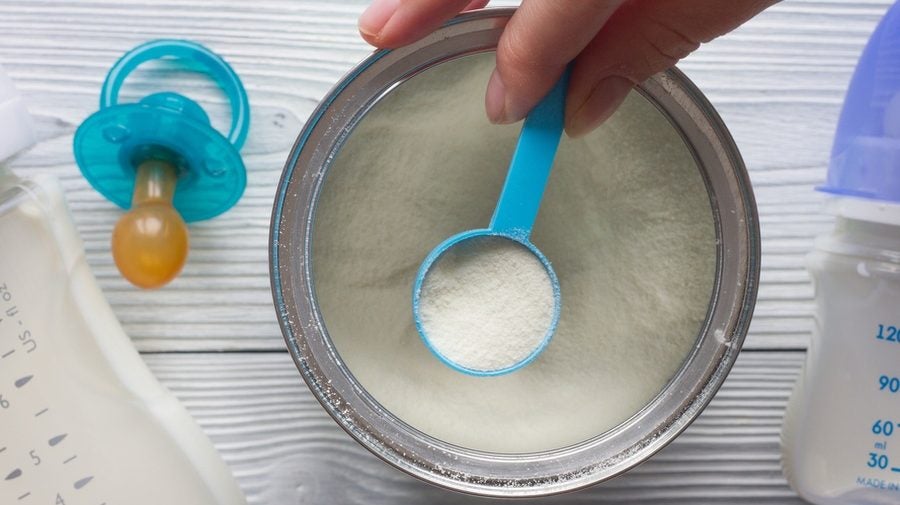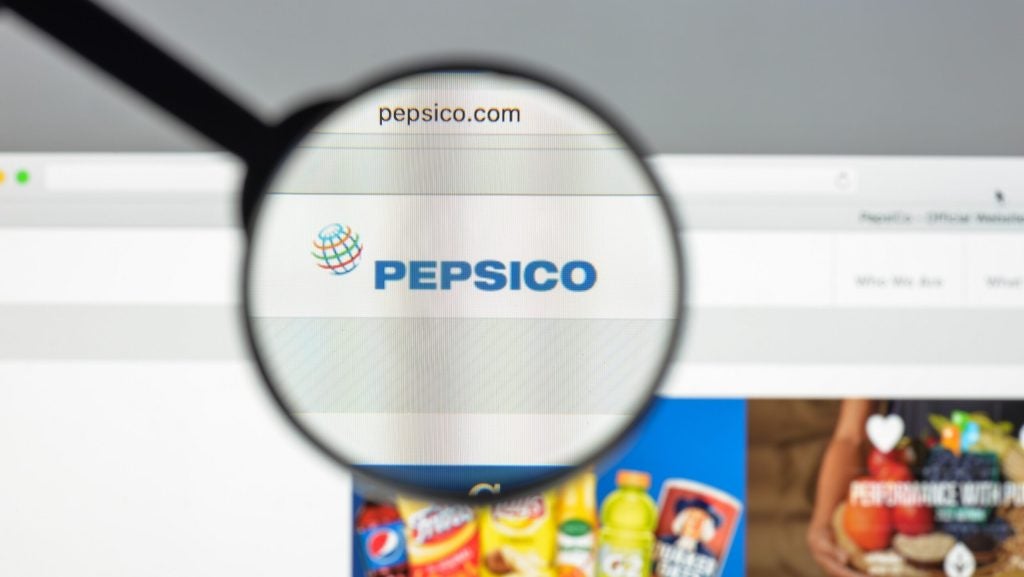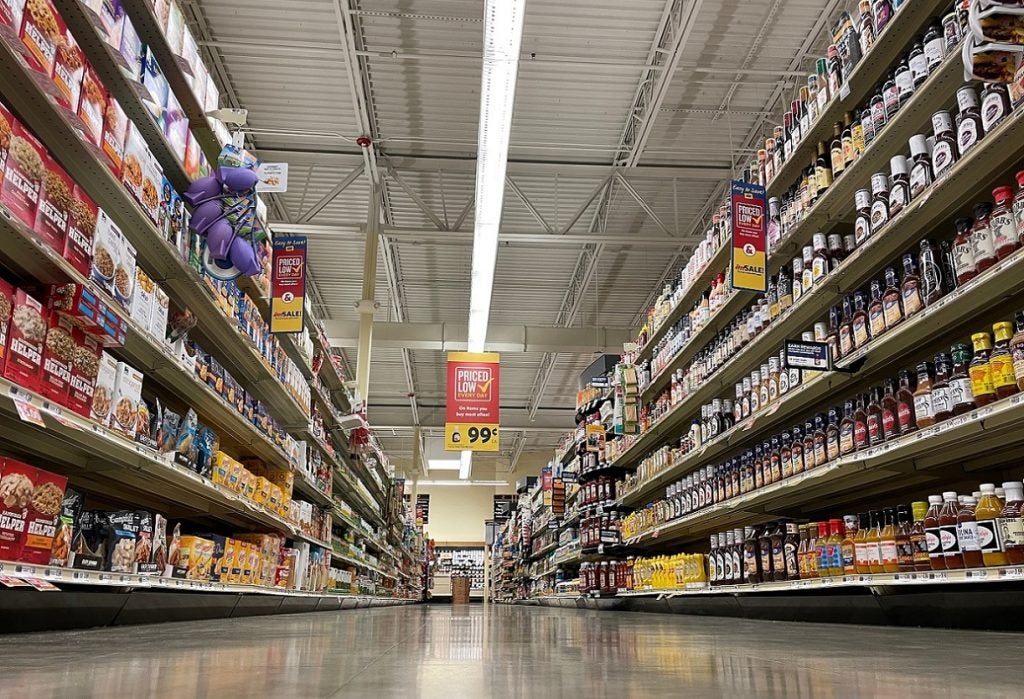US regulator The Food and Drug Administration (FDA) has issued warning letters to three infant-formula manufacturers over their production processes and the risk of bacterial contamination.
The letters, for violations of the Federal Food, Drug and Cosmetic Act and the FDA’s infant-formula regulations, were issued to ByHeart, Reckitt Benckiser, for its Mead Johnson Nutrition business, and Perrigo’s Wisconsin unit.
The FDA has pointed out that this action is part of “enhanced oversight” and does not necessitate the discarding of, or avoidance of buying, any particular product. Nor does it see its actions affecting supply.
It said the warnings are to “help ensure that the industry is producing infant-formula under the safest conditions possible” and follow inspections of facilities over the last few months.
The regulator is taking a tougher line on the production processes of infant-formula manufacturers to remove products potentially contaminated with the Cronobacter sakazakii bacteria, or salmonella, from the marketplace. This follows a shortage of the product last year caused by the shutdown of Abbott Laboratories' facility in Michigan after products manufactured there were linked to illness in children.
The FDA has admitted that its response to what quickly became a crisis was below par and announced it would instigate changes.
The warning letters impel the companies concerned to, among other things, thoroughly conduct root cause investigations and perform subsequent cleaning and sanitation activities. Each company will have 15 working days to respond to the FDA to explain what corrective actions they are taking.
Donald Prater, acting director of the FDA’s Center for Food Safety and Applied Nutrition, said: “Infant-formula manufacturers are responsible for ensuring they make safe products and the agency has remained in ongoing discussions with the infant-formula industry to address the agency’s concerns.
“The FDA is committed to identifying and acting on issues early to prevent any firms from reaching the level of concern that prompted last year’s large-scale recall and contributed to the infant-formula shortage.”
He added: “These letters are a reflection of this enhanced oversight and are intended to help the industry continuously improve the safety of their manufacturing practices, so that parents and caregivers can be confident that the formula they feed their children is safe and nutritious.”
Office of Critical Foods
The FDA said it has been working with Congress to strengthen its regulatory tools and increase funding to oversee the infant-formula industry. It has also started to hire dedicated infant-formula investigators as part of work to establish an Office of Critical Foods in an attempt strengthen the regulatory oversight of such products.
Just Food asked the three companies sent warning letters by the FDA for their response.
Perrigo said: "We have rigorous procedures throughout our infant-formula manufacturing processes and every batch of infant formula is tested to ensure it meets stringent nutritional, safety, quality, and US Food & Drug Administration regulatory requirements."
It added: "We are in the process of carefully reviewing FDA’s letter and plan to work closely with the agency.
"As noted in the FDA’s press release, we want to assure the public that all of Perrigo’s infant-formula products available to parents and caregivers are safe for infant feeding and the FDA does not advise discarding or avoiding purchase of any particular infant formula."
Following last year’s infant-formula crisis, Abbott Laboratories is facing numerous lawsuits and investigations from the Department of Justice, the Securities and Exchange Commission and the Federal Trade Commission.
A shortage of products in the US market as a result of its facility closure forced US President Joe Biden to invoke emergency powers to allow the production of infant-formula to be prioritised and to allow imports from overseas.
The crisis also led to criticism that the domestic market was dominated by a few large players.
















